US Holding Indirect Talks With Iran On Prisoner Exchange: NBC
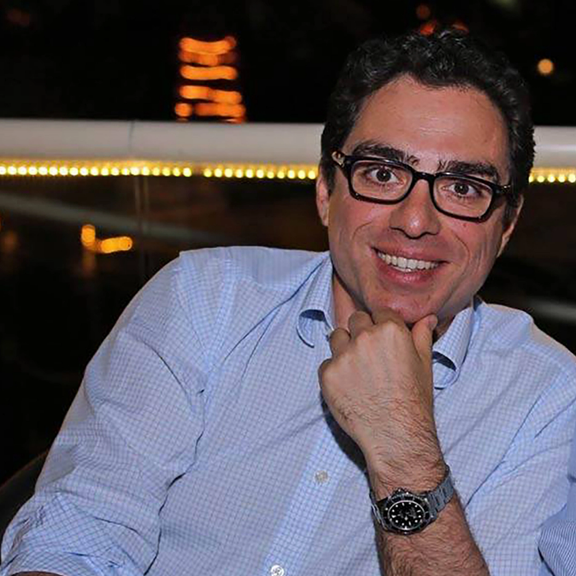
Washington is holding indirect talks with Tehran on a possible prisoner exchange in a bid to secure the release of several US citizens held hostage in Iran.

Washington is holding indirect talks with Tehran on a possible prisoner exchange in a bid to secure the release of several US citizens held hostage in Iran.
An NBC report published on Wednesday quoted four sources familiar with the matter saying that Qatar and Britain are easing the talks as intermediaries.
“The negotiations have made progress, but it remains unclear if a final agreement will be reached,” one of the sources said.
This comes as nuclear talks between Tehran and the world powers have been stalled for several months, as the United States and its European allies have imposed new sanctions against the clerical regime.
“The two sides are exploring a formula that has been discussed previously, dating to 2021, that could include a possible prisoner exchange and the release of billions of dollars in funds in South Korea banks currently blocked by US sanctions,” three sources with knowledge of the talks told NBC.
“In the discussions, US and Iranian diplomats have explored possible arrangements for how to transfer the frozen funds, with a third country such as Qatar possibly overseeing the transfer.”
Several Iranian-American citizens, including Siamak Namazi, Emad Sharqi, and Morad Tahbaz, are still imprisoned in Iran.
Earlier, Iran’s Foreign Ministry Spokesman Nasser Kanaani claimed, "We have said many times that we are ready for the exchange of prisoners unconditionally, and in this regard, we have showed goodwill."
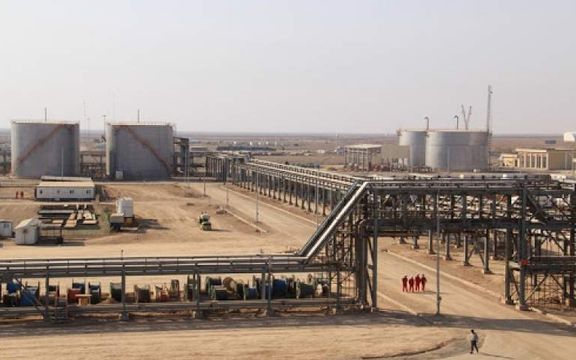
Iran has decided to develop its unfinished oil projects as Chinese companies are unwilling to continue joint plans, Iran’s oil ministry website reported Tuesday.
SHANA, the oil ministry’s news service quoted the director of Yadavarn Development Plan in southwest Iran as saying that “the development of the Yadavaran joint oilfield is expected to resume [by Iranian experts] in the next Iranian year (March 2023-24) with a credit line of $400 million.”
Mojtaba Moradi, an official, told SHANA that “the project seeks to increase the production capacity of the field by 42,000 barrels per day.”
“After about a six-year hiatus in development activities, the implementation of the project to increase the field’s output will begin,” he underlined.
“The development project will be carried out by Iranian experts and engineers, using domestically made parts and equipment,” he noted.
The development comes as President Ebrahim Raisi in is Beijing this week on an official visit discussing the implementation of a 25-year cooperation pact signed in 2021 as a general outline, but details have not been worked out.
However, according to moderate news website Rouydad 24, Moradi did not mention why the project is now being carried out by Iranian experts.
The Yadavaran hydrocarbon deposit shared with Iraq is located 70 kilometers west of the city of Ahvaz in Khuzestan Province near the Iraqi border.
Based on studies, the field's crude reserve is more than 34 billion barrels. The reserve's recovery rate for light and heavy crude oil stands at 15% and 7% respectively. Around 83,000 barrels of Yadavaran production are a blend of light crude and the rest is heavy crude.
Rouydad 24 quoted informed sources as saying that after the unofficial withdrawal of the Chinese company Sinopec, the National Iranian Oil Company has decided to continue the development of this field on its own.
“It is quite clear that the National Iranian Oil Company has reached a dead end in the negotiations with the Chinese and now decided to implement the second phase itself,” added Rouydad 24.
The Chinese have not yet reacted to the announcement, but according to the contract signed by the Ahmadinejad administration with Sinopec in 2007, the Chinese company developed the first phase, and the second phase was also supposed to be carried out by the same company. Sinopec started negotiations for the second phase in 2016, but so far there has been no result.
According to the deal Sinopec had a 51-percent share in the oil field, but it appears Beijing has been wary of violating US sanctions on Iranian oil exports, although it buys illicit shipments of crude from Iran.
The Chinese have said that the imposition of US sanctions against Iran in 2018 has hampered the process and that they should wait.
“When the Raisi administration took power, they were optimistic that the Chinese would invest in this field, but Beijing, for the time being, has no intention of investing there,” stressed Rouydad 24.
“In the past two years, the Chinese have increased their investment in countries like Saudi Arabia, the UAE, Kuwait, Iraq, and even Afghanistan, and have removed Iran from list of their priorities for the time being,” Rouydad 24 went on to say.
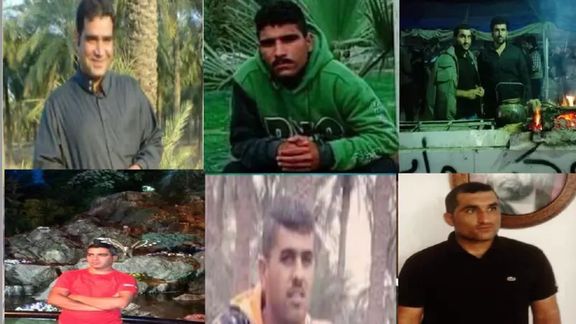
A human rights organization in Iran reports that a revolutionary court has sentenced six Arab political prisoners to death in the southern city of Ahvaz.
According to Ahvaz Human Rights Organization, the prisoners are identified as Ali Majdam, Moin Khanfari, Mohammad Reza Moghadam, Salem Mousavi, Adnan Mousavi and Habib Edris.
Six other Arab citizens have also been sentenced to long prison terms between 5 to 35 years, the report added.
The death sentences are issued while the Iranian authorities have released dozens of political prisoners and protesters in recent days, claiming an amnesty was issued for thousands of detainees.
Meanwhile, the Islamic Republic keeps putting pressure on activists and arrests continue. Hengaw Kurdish-Iranian human rights monitoring group reported that Arian Koukhaizadeh, an 18-year-old detained youth from the southwestern city of Ilam, went on a hunger strike by sewing his lips in protest at inattention to his case.
Narges Mansouri, one of the signatories of a letter calling for Supreme Leader Ali Khamenei's resignation, also announced in an audio file shared with Iran International that since January 29, in spite of acute illness, she began a hunger strike in protest to the inhumane behavior of the Islamic Republic.
Meanwhile, according to information received by Iran International, security agents are putting pressure on political activists, who signed a statement in support of Green Movement leader Mir-Hossein Mousavi’s call for a new constitution, to rescind their signatures.
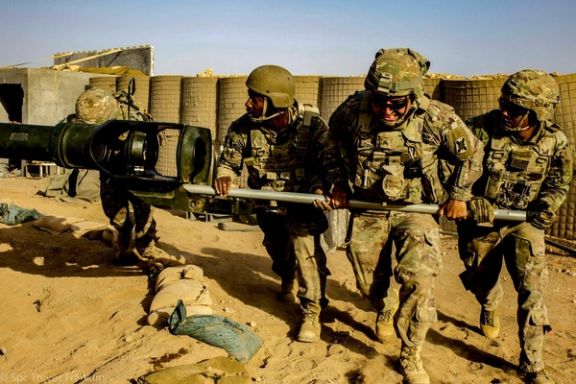
The United States Central Command (CENTCOM) says an Iranian-made drone was shot down by US forces near a base in northeastern Syria.
CENTCOM announced on its official Twitter account Wednesday that the drone intended to carry out a reconnaissance mission over the Conoco base in northeastern Syria near the border with Iraq.
The targeted drone was identified and shot down on Tuesday afternoon local time.
CENTCOM did not mention in its tweet which force, or group controlled the drone, only emphasizing that it was "Iranian-manufactured".
Several hundred US soldiers are stationed in the north and east of Syria as part of the international coalition against the ISIS. The exact number of these soldiers is confidential.
In recent years, bases where coalition troops are stationed have been sporadically targeted by rockets or drones.
The Conoco base in the northeast of the Arab country is named after the American company that was responsible for the discovery and construction of a gas filed station in this region.
This comes as the use of Iranian drones in Russia's war on Ukraine is of particular concern to the US and its European allies and has had a negative impact on relations between the Islamic Republic and European powers.
In this regard, officials of the US Defense Intelligence Agency on Tuesday presented new evidence of the supply of Iranian drones to Russia and indirect involvement of the Islamic Republic in the war in Ukraine.
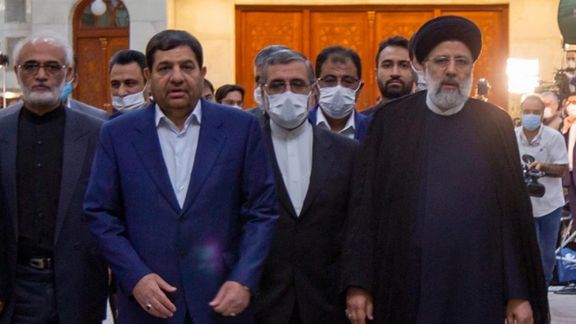
An Iranian lawmaker says the Raisi administration instils despair in society as it refuses to acknowledge its mistakes and insists on working with incompetent managers.
Reza Hosseini Ghotbabadi, a lawmaker, charged that the administration's behavior contradicts Supreme Leader Ali Khamenei's call for giving hope to the society.
He added that some of Raisi's aides and ministers lack the managerial experience for running the affairs of the state. He further charged that blaming all the country's problems on the previous governments rather than accepting responsibility for the shortcomings is unethical.
He said Raisi should have been familiar with the issue of financial corruption as the country's former Judiciary Chief and should have prevented wrongdoing while he was in that capacity. Meanwhile, he warned that the next government in Iran might also blame Raisi and his cabinet for the country's problems.
Ghotbabadi said elsewhere that Raisi and his aides believe themselves to be the only wise individuals in Iran and that they are not prepared to consult with others including the parliament about the affairs of the state.
"The government makes all decisions secretly among insiders. But chaos will continue in Iran as long as the administration refuses to work with the parliament.”
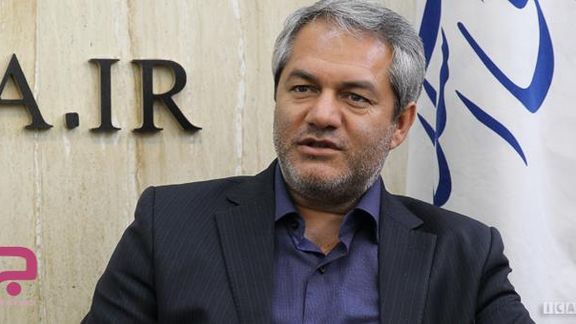
Meanwhile, in similar statements, Rasoul Montajabnia, the secretary general of the pro-reform Republicanism Party said in an interview that some Iranian officials see themselves as the essence of the political system and impose a minority's views on everyone. "They believe that they are the system and insist that protecting the system is the most important thing to do," he said.
Referring to former Prime Minister Mir Hossein Mousavi and Former President Mohammad Khatami's statements about the need for essential changes in the system, Montajabnia said differentiation should be made between the regime and those who are or have been working within this system.
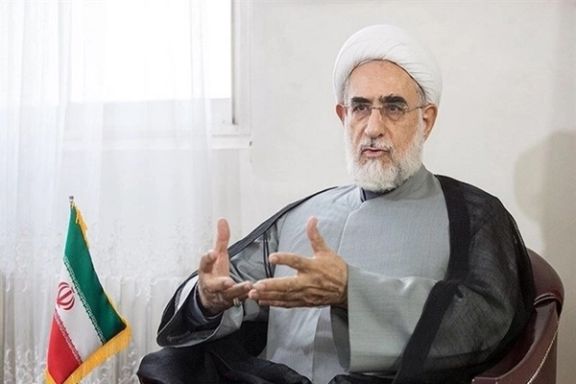
He added that the mistakes and naivety of radicals within the system has weakened the constitution and tarnished the image of the regime. Nonetheless, he said that in the 1990s he had opposed the idea of changing the system. "Of course, the system needs to be reformed but not all of the current problems have their roots in the nature of the system," Montajabnia said.
Until recently this has been the position of all reformists who have tried for 25 years to reform the Islamic Republic. However, Mousavi and a few hundreds of other reformists have come out demanding constitutional change that could effectively put an end to the Islamic Republic in its current form.
In another development, responding to hardliners such as the editor of Kayhan daily, who have said that people's participation in the revolution anniversary rallies on February 11 show that no change should be made in the constitution, the former chairman of the Tehran City Council Mohsen Hashemi said that those who took part in the revolution anniversary rallies do not represent the majority of Iranians.
He warned: "Economic, social and cultural indicators point to an alarming state, so, please stop putting more holes in the boat!" He pointed out that in a city like Tehran even if 500 thousand people turned up for the rallies, this is hardly five percent of the city's population. So, we need to consider the demands and views of the other 95 percent."
"Another point to consider is that the views of that five percent should not be taken as the entire nation's support for government policies," Hashemi added. Meanwhile he warned that a majority of Iranians are living under the poverty line, and this means that they are being drowned in economic problems.
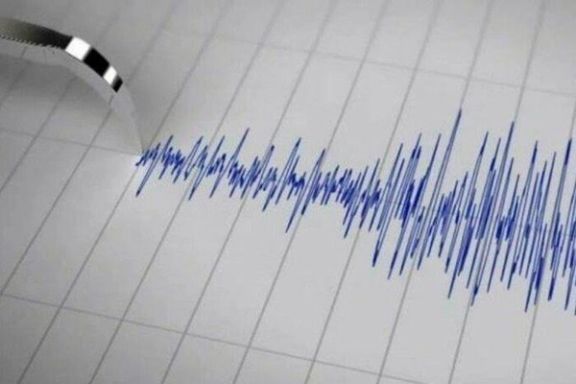
Iranian officials say there are 166,000 hectares of worn-out structures across the country which means a major earthquake like in Turkey and Syria might result in “hundreds of thousands of deaths.”
Farzaneh Sadegh Malvajerd, a Deputy at the Ministry of Roads and Urban Development announced Tuesday that about 1.4 million unstable units are built in urban parts of these areas.
Earlier, officials had estimated that the total area of worn-out and ineffective structures in Iran's metropolises is more than 166,000 hectares, with a total of 22,500,000 people living there.
Many of these areas are located on active earthquake faults.
In January, Mehdi Pirhadi, a member of Tehran Council also emphasized the need to renovate these buildings in Tehran to deal with earthquakes, warning that over 7 magnitude quakes could lead to hundreds of thousands of deaths.
Some experts had predicted that at least one and a half million people would die in case of an earthquake with a magnitude of 7 in Tehran.
However, it is not only the capital that is facing such a potential risk. There are active faults from Hamedan in west to Gilan in north that may cause a deadly earthquake at any moment.
Iran is crisscrossed by major geological fault lines and is one of the most earthquake-prone countries in the world because it is located where the Arabian, Indian, and Eurasian tectonic plates meet.